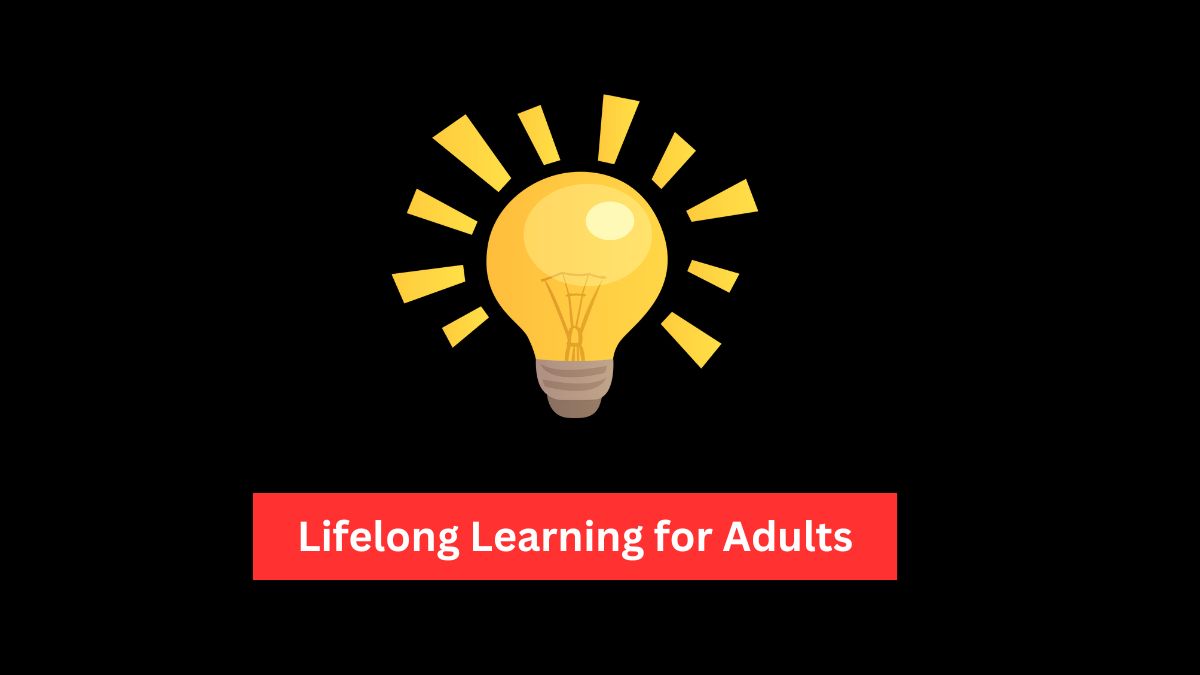Lifelong learning isn’t just a catchy phrase; it’s a vital part of personal and professional development, especially for adults. With the fast-paced changes in our world, continuing education has never been more important. In this article, we’ll dive into resources and strategies for adult learners eager to expand their horizons and enrich their lives through learning.
Understanding Lifelong Learning
What is Lifelong Learning?
At its core, lifelong learning is the ongoing, voluntary, and self-motivated pursuit of knowledge for personal or professional development. It’s about more than just formal education; it encompasses any learning that takes place throughout a person’s life, whether that’s picking up a new hobby, enhancing job skills, or diving into new fields of interest.
Benefits of Lifelong Learning for Adults
Embracing lifelong learning has numerous benefits. It can lead to better job prospects, increased job satisfaction, and even improved mental health. Plus, it fosters a sense of community and connection, as learners often engage with peers and mentors along the way.
Resources for Adult Learners
Online Learning Platforms
The internet has opened up a treasure trove of educational opportunities. Here are some popular platforms:
Coursera
Coursera partners with universities and organizations to offer courses across various subjects. Whether you want to learn about data science or creative writing, Coursera has something for everyone.
Udemy
With a wide array of courses created by industry experts, Udemy allows you to learn at your own pace. From coding to cooking, you’ll find courses that cater to almost any interest.
edX
Another fantastic platform, edX offers courses from top universities like Harvard and MIT. Many courses are free to audit, making it a budget-friendly option for serious learners.
Community Education Programs
Don’t overlook local resources! Many communities offer education programs designed specifically for adult learners.
Read Also:- Hybrid Learning Engagement Techniques
Local Colleges and Universities
Many institutions provide continuing education programs that cater to adults, often with flexible schedules. These can include degree programs, certificate courses, and professional development workshops.
Community Centers
Check out your local community center for workshops, classes, and events that encourage lifelong learning. These programs often foster a sense of community while helping you learn new skills.
Professional Development Opportunities
Continuous professional development is crucial in today’s job market.
Workshops and Conferences
Look for industry-specific workshops and conferences that allow you to learn from experts and network with peers. These can be invaluable for both knowledge and connections.
Industry Certifications
Obtaining certifications in your field can enhance your resume and open up new career opportunities. Many organizations offer online courses and resources to help you prepare for these certifications.
Strategies for Successful Learning
Setting Clear Goals
Before diving into learning, take the time to set clear, achievable goals. What do you want to learn, and why? Having a defined purpose will keep you focused and motivated.
Creating a Study Schedule
Life can get busy, so it’s essential to carve out dedicated time for learning. Create a study schedule that fits your lifestyle, and stick to it as much as possible.
Finding a Support Network
Connect with fellow learners, whether online or in-person. Joining study groups or forums can provide motivation and accountability, making the learning process more enjoyable.
Staying Motivated
It’s natural for motivation to wane at times. To combat this, celebrate small wins and remind yourself why you started. Keeping a positive mindset can go a long way.
Read Also:- Data Privacy in Educational Technology
Tips for Online Learning
Choosing the Right Course
With so many options available, take the time to research courses thoroughly. Read reviews, check out the syllabus, and ensure the course aligns with your learning goals.
Engaging with Instructors and Peers
Don’t be shy! Participate in discussions and reach out to instructors when you have questions. Engaging with others can deepen your understanding and enrich your learning experience.
Utilizing Learning Resources Effectively
Most online courses come with a wealth of resources. Make sure to explore all materials provided, including readings, videos, and discussion boards, to maximize your learning.
Conclusion
Lifelong learning is a rewarding journey that opens doors to new opportunities and personal growth. With countless resources available and strategies to guide your efforts, there’s no better time to continue your education. Embrace the adventure of learning, and you’ll find it enriches your life in unexpected ways.
FAQs
What is the best online platform for adult learners?
It depends on your learning style and goals. Coursera, Udemy, and edX are all excellent options, offering a range of subjects and formats.
How do I stay motivated in my studies?
Setting clear goals, creating a study schedule, and celebrating your achievements can help keep your motivation high.
Can I learn new skills without prior experience?
Absolutely! Many courses are designed for beginners, allowing you to start from scratch and build your skills progressively.
What community resources are available for adult education?
Local colleges, community centers, and libraries often offer workshops, classes, and events for adult learners.
How can lifelong learning benefit my career?
Lifelong learning enhances your skills, keeps you competitive in the job market, and can lead to new career opportunities and advancement.

